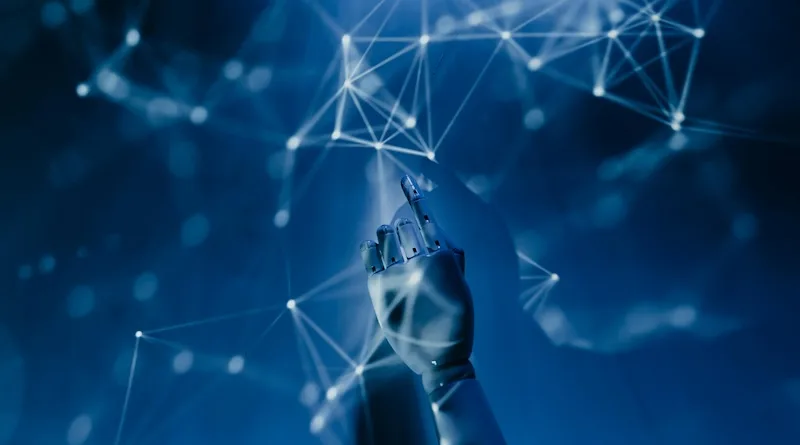
The possible uses of artificial intelligence (AI) are growing rapidly. Answering questions through ChatGPT or Google's Gemini is just one example that is already changing everyday life. Many users agree that these are improvements as knowledge can be accessed more quickly and intuitively. But critical voices are also becoming loud and must be heard. We look at whether AI can replace the coaching of managers and present the supporting role it already plays.
The role of AI in executive coaching
In executive coaching, the coach takes on the role of the questioner. He asks the manager questions. By answering the question, the manager automatically comes to changing his own actions. In this way you don't get presented with knowledge, but rather apply your own skills and abilities. The approach has proven particularly successful in the training and further education of managers worldwide.
Thanks to developments in artificial intelligence, it is possible to have these questions created and asked by a computer. The speed and functionality of AI programs significantly optimize data analysis. Further plus points include the easy progress tracking.
The results of the coaching can be easily compared and the next coaching steps can be coordinated accordingly. In this way, personalized insights are possible on the part of the self-learning AI algorithms and the respective manager. Industry experts see the low level of humanity and emotional intelligence as the disadvantages of AI.
The combination of a human executive coach and the specialized AI algorithms is already producing very fruitful synergy effects. This already shows that AI programs in this area provide valuable services and lead to better results in leadership coaching.
Human insight and emotional intelligence
A possible definition of artificial intelligence is to develop a technical system that can perceive its environment and behave correctly in it. Any tasks or problems that arise should be able to be solved independently according to the integrated programs and through learning. One of the greatest difficulties of AI is still technically depicting humanity.
This means that a technical system does not make decisions based on pure knowledge, but rather based on experience and ethics. The human characteristics of insight or emotional intelligence are missing from existing AI algorithms. The better these components in the AI for Business Coaching are embedded, the better the program's recommendations to the coach and manager will be.
Above all, managers should possess, learn and train the following qualities:
- Conflict resolution
- Active listening
- Making decisions
- Interpersonal communication and humanity
- Motivation and clarification of the employee's strengths
- Mediate between company goals and employee needs
- Formulate common visions and goals and oversee their development
Humanity is included in all of the points mentioned. This can be present from birth or acquired over the course of life through maturity and experiences. One possible use of AI can be found in “outsourcing” the data collection and analysis of the coaching results.
From this, the AI can make recommendations for the individual continuation of the coaching and save the coach time. This allows the coach to concentrate even more on his client and will therefore be able to give better coaching.
In summary, this means that AI tools give trainers a time advantage and a higher level of quality in coaching. Depending on the program used, the coach can enter the data himself or have the AI record it and analyze it directly.
With more individuality, the manager's weak points can be discovered better and faster and converted into strengths using appropriate methods. Learning algorithms also make it possible for the AI tools to demonstrably optimize themselves with each client.
The resulting algorithms are becoming more and more important for the coach as a consultant. As a result of this development, the AI programs for executive coaches vary greatly depending on the industry and client.
Conclusion
The current AI programs in coaching and the already future-oriented technologies prove that the implementation of humanity and ethics will not be solved in the medium to long term. This means that the coach and therefore the person will play an irreplaceable role in executive coaching for the foreseeable future. The better the integration of humanized characteristics, the more effectively AI programs will support coaches.
We do not see a 100% replacement of humans by an AI coach in the area of executive training. Since the manager always interacts with people, interaction with a person is essential for conveying knowledge and feelings. From our perspective, when used correctly, AI in this subject area can produce significantly better managers than would be possible without AI.
One of the clearest arguments for combining humans and machines is the fear of losing control that is firmly anchored in humans. Self-learning algorithms in particular pose uncertainty regarding the predictability of programs and their effects on people. This needs to be reduced and people's fear of AI taken away if you do that Potential of AI want to use it effectively for all areas of the company for employees and production processes.
Source: https://www.basicthinking.de/blog/2024/09/30/die-zukunft-des-exekutiven-coachings-ki/


